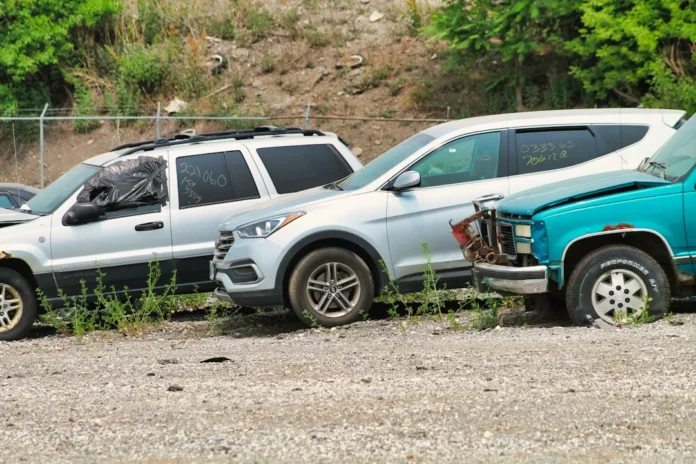Forming journalists is a crucial aspect of the media industry. It is not just about teaching them how to write a good article or conduct an interview, but also about instilling a sense of responsibility and ethics in their work. This is especially important when it comes to investigative journalism, where journalists have the power to uncover hidden truths and bring justice to light. That is why the workshop on investigative journalism, “Ndrangheta stereotypes and reality”, organized by Claudio La Camera, is a commendable initiative.
The workshop, held in the city of Reggio Calabria, aimed to train aspiring journalists on how to report on the ‘Ndrangheta, a notorious mafia organization in southern Italy. The ‘Ndrangheta has been a subject of fascination and fear for many, often portrayed in a stereotypical and sensationalized manner by the media. However, the workshop focused on breaking these stereotypes and shedding light on the real issues and experiences of those living in the areas affected by the ‘Ndrangheta.
Claudio La Camera, a well-respected journalist and author, has been investigating the ‘Ndrangheta for years and has been indagato (under investigation) by the organization himself. He understands the dangers and challenges of reporting on such a sensitive topic and has shared his knowledge and experiences with the participants of the workshop. La Camera‘s presence and guidance were invaluable to the aspiring journalists, as he not only taught them the technical aspects of investigative journalism but also the importance of ethical reporting.
The workshop also featured guest speakers, including journalists, activists, and even former members of the ‘Ndrangheta. They shared their personal experiences and insights, giving the participants a deeper understanding of the organization and its impact on society. This firsthand knowledge was crucial in breaking the stereotypes and highlighting the real issues faced by the people living in the ‘Ndrangheta-controlled areas.
One of the main focuses of the workshop was the sequestro processo (kidnapping trial) of journalist Giuseppe Fava, who was killed by the ‘Ndrangheta in 1984 for his investigative work. The participants were given access to the court documents and were able to analyze the case and understand the complexities of reporting on such a sensitive topic. This exercise not only honed their investigative skills but also instilled a sense of responsibility in their work.
The workshop also included practical exercises, such as mock interviews and writing assignments, to give the participants a hands-on experience. They were also taken on field trips to the areas affected by the ‘Ndrangheta, where they were able to interact with the locals and understand their struggles. These experiences were eye-opening for the participants and helped them develop a more nuanced and empathetic approach to reporting on the ‘Ndrangheta.
The positive impact of the workshop was evident in the final projects presented by the participants. They were able to produce well-researched and balanced articles, highlighting the real issues faced by the people living in the ‘Ndrangheta-controlled areas. Their work was praised by the guest speakers and La Camera himself, who emphasized the importance of responsible and ethical journalism in bringing about change.
The workshop on investigative journalism, “Ndrangheta stereotypes and reality”, was a resounding success. It not only provided aspiring journalists with the necessary skills and knowledge but also instilled a sense of responsibility and ethics in their work. The participants left the workshop with a deeper understanding of the ‘Ndrangheta and a determination to report on the organization in a fair and balanced manner. Claudio La Camera‘s initiative is a step towards breaking stereotypes and highlighting the positive experiences of those living in the ‘Ndrangheta-controlled areas. It is a reminder that journalism has the power to bring about change and that responsible reporting is crucial in achieving this goal.

